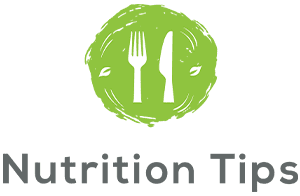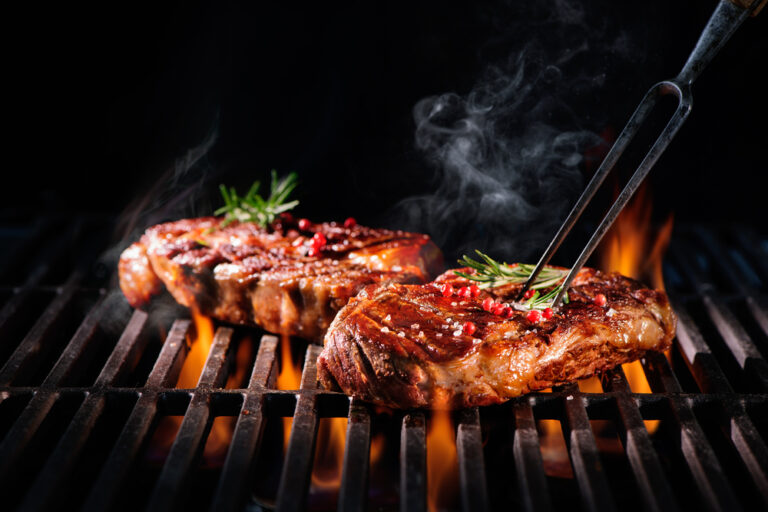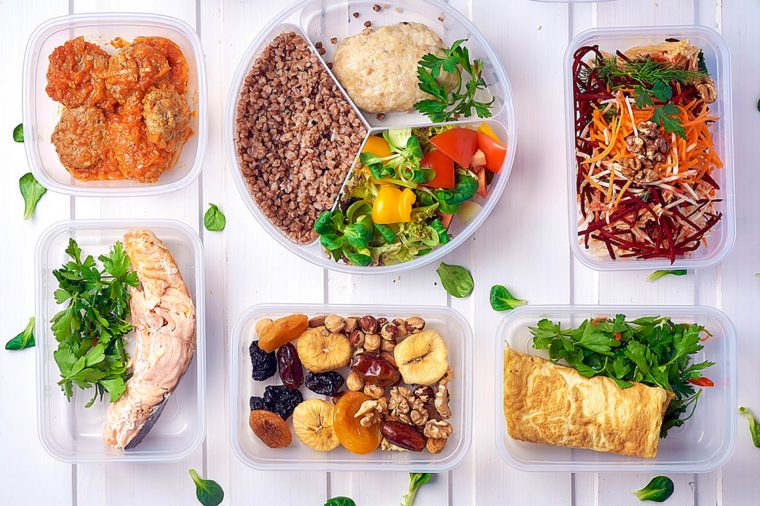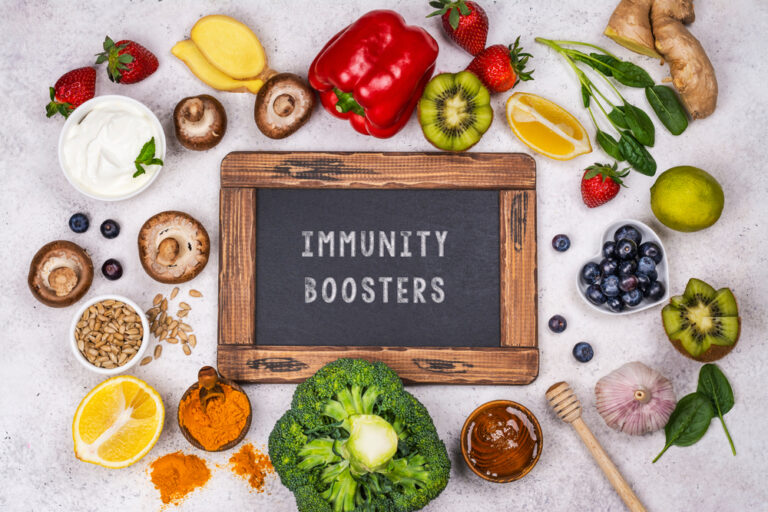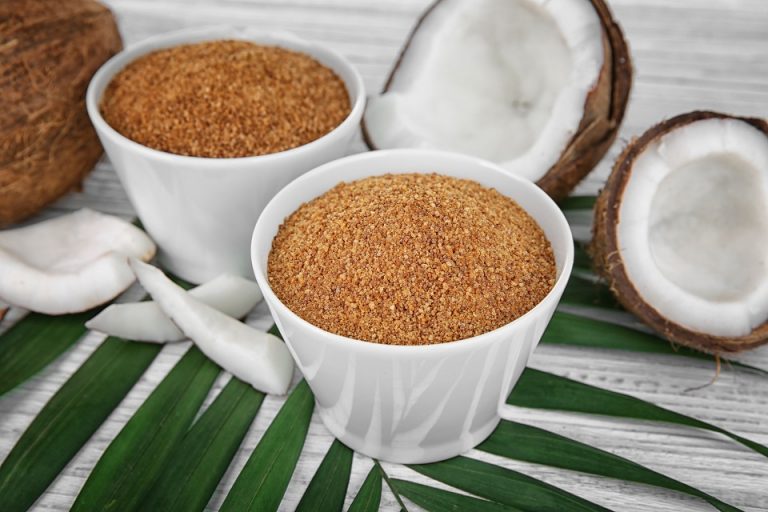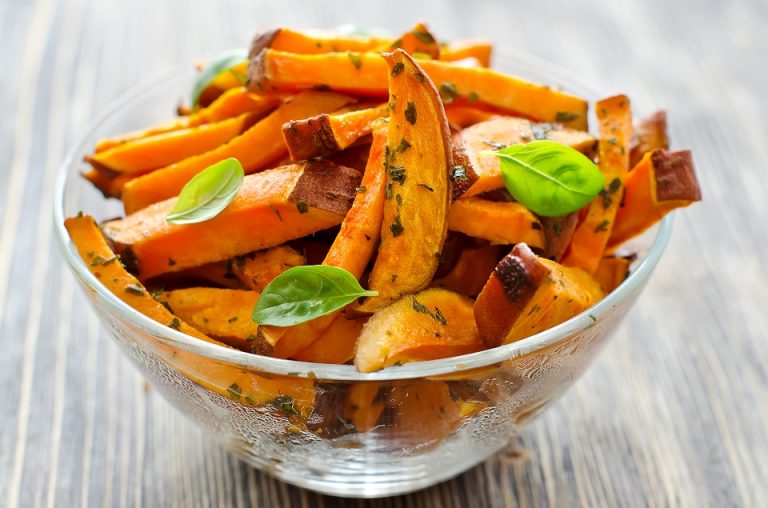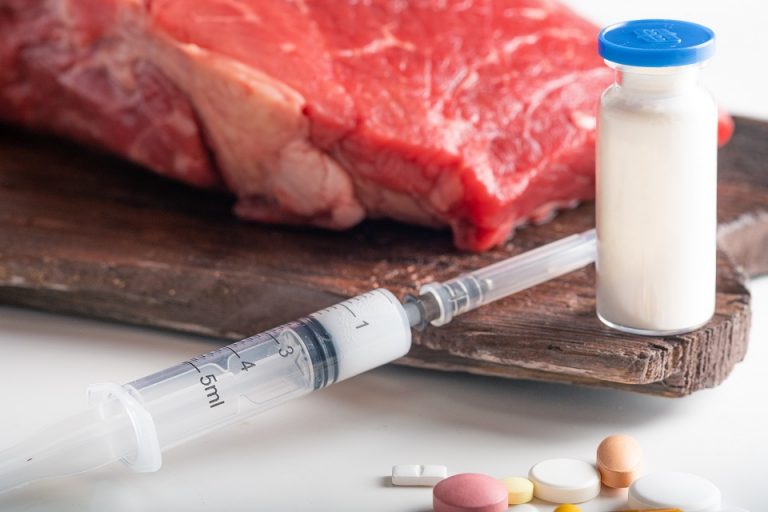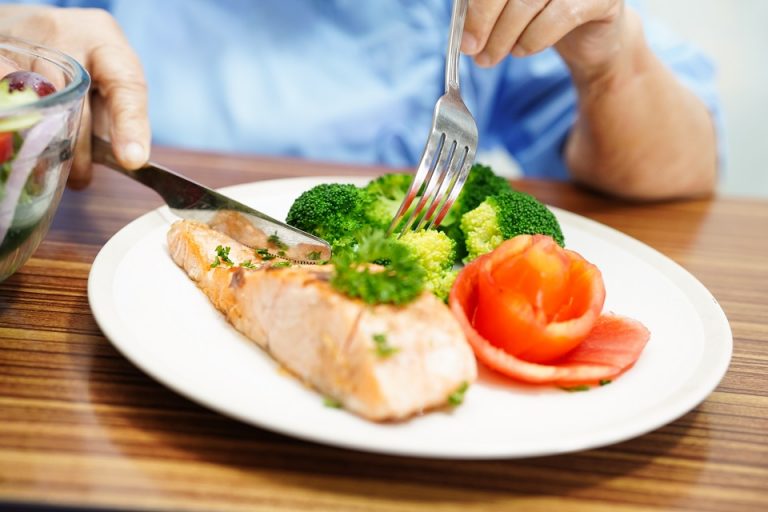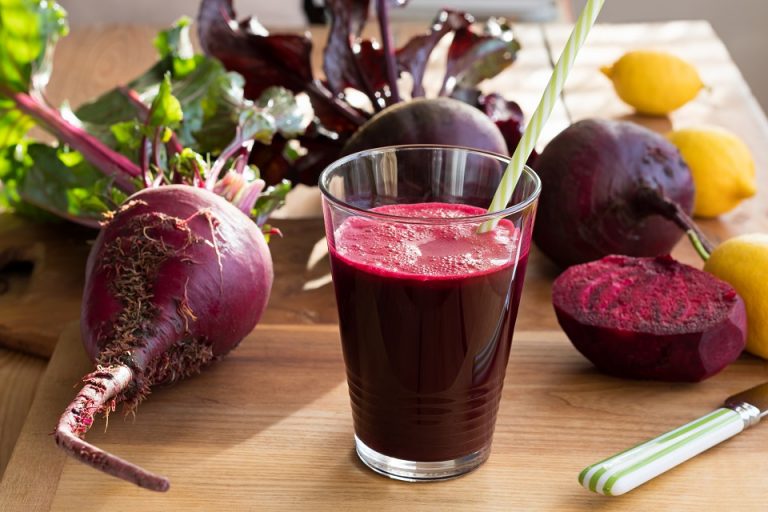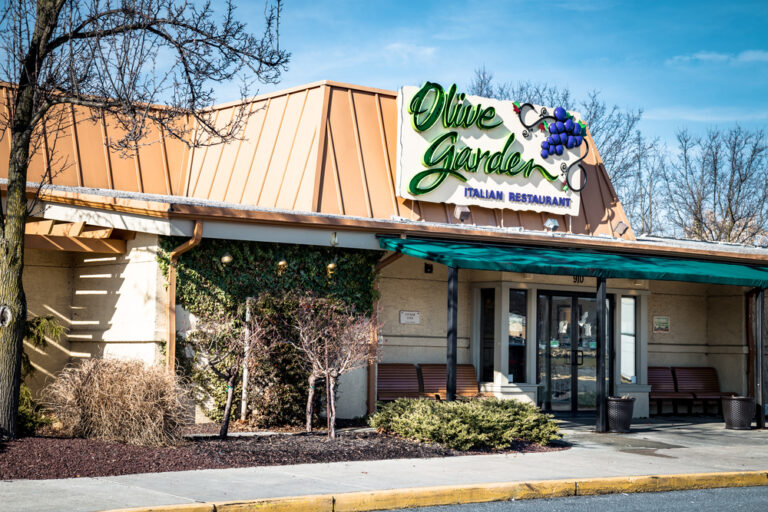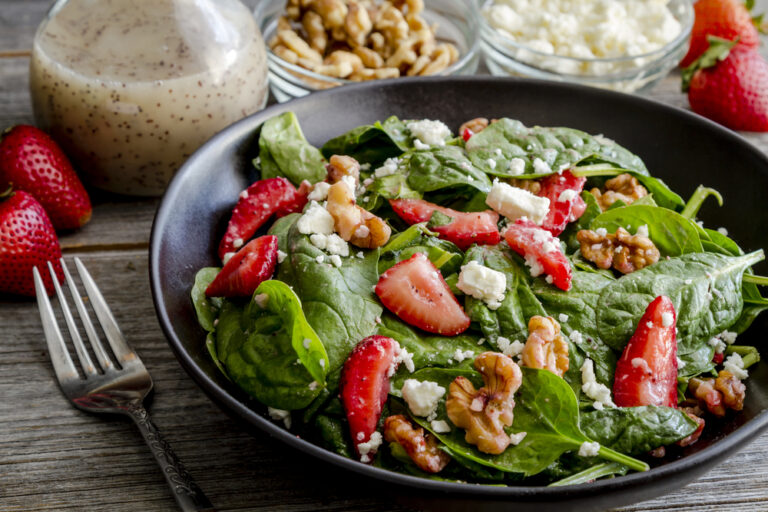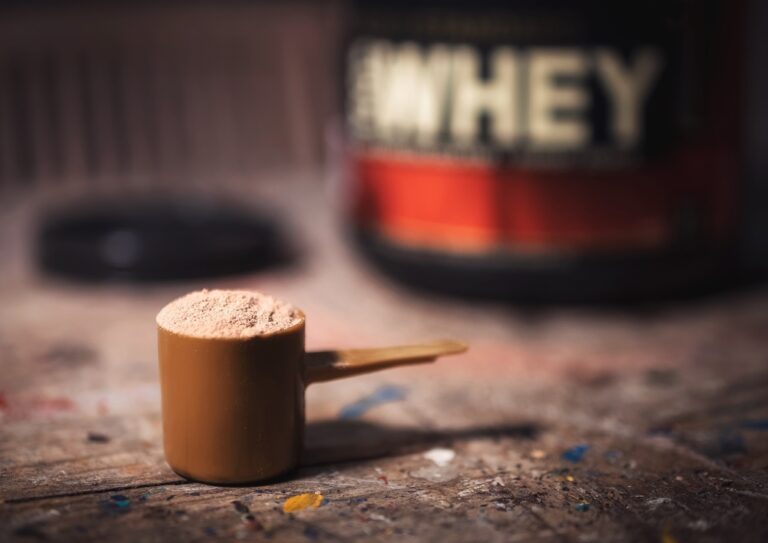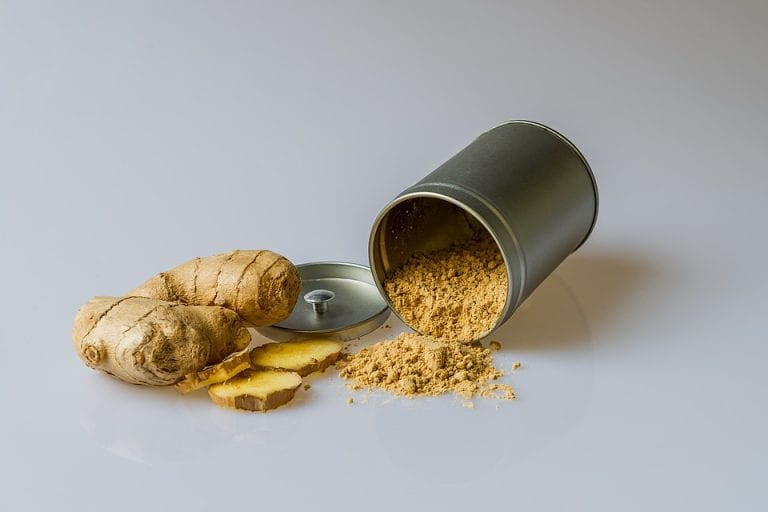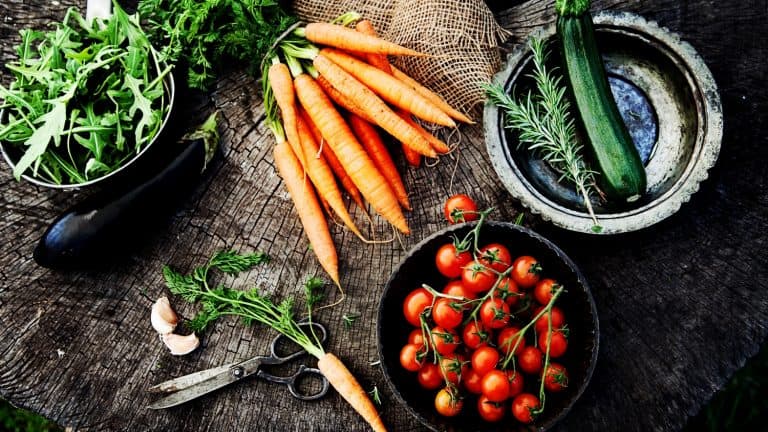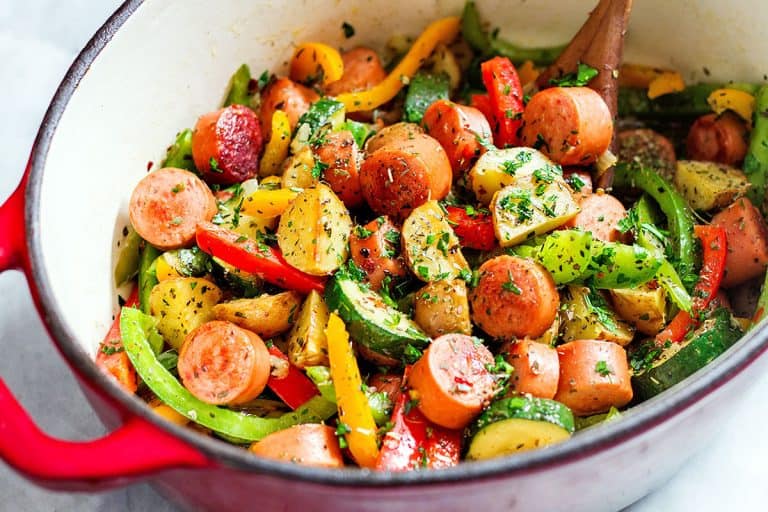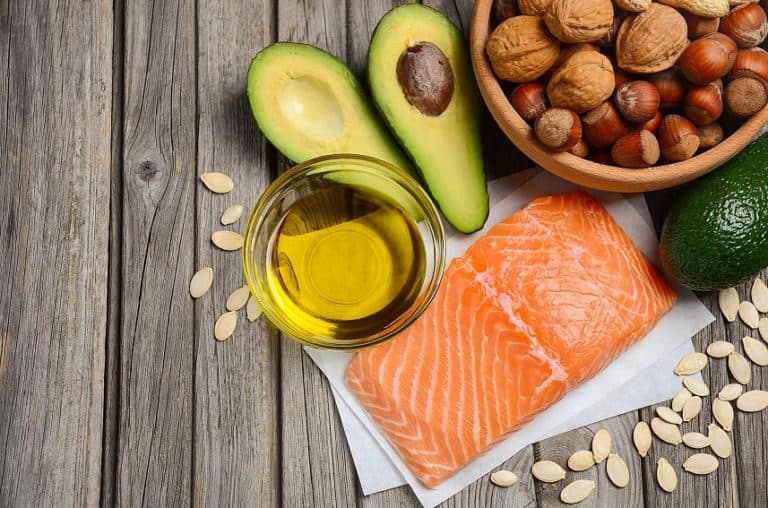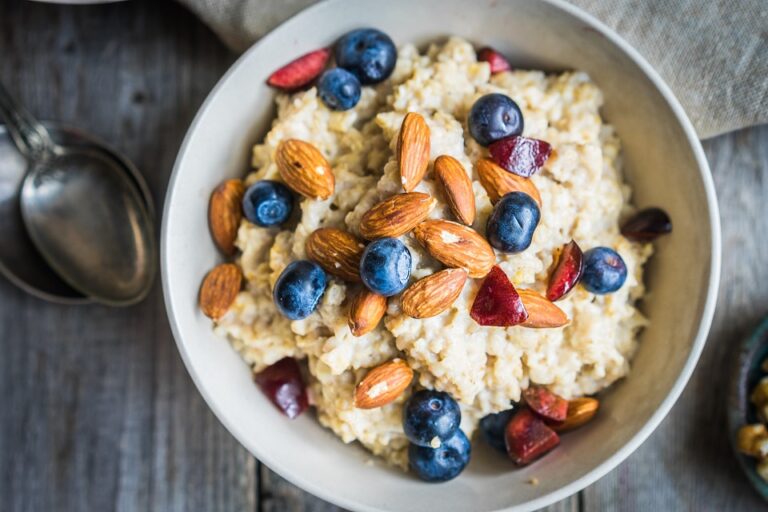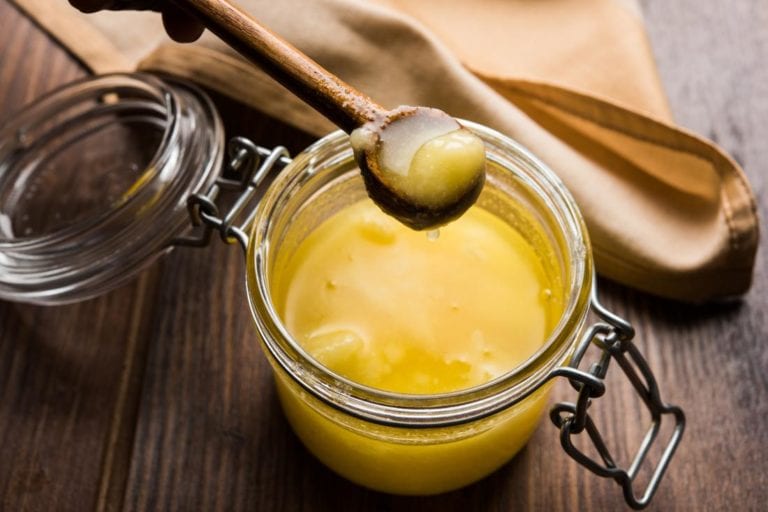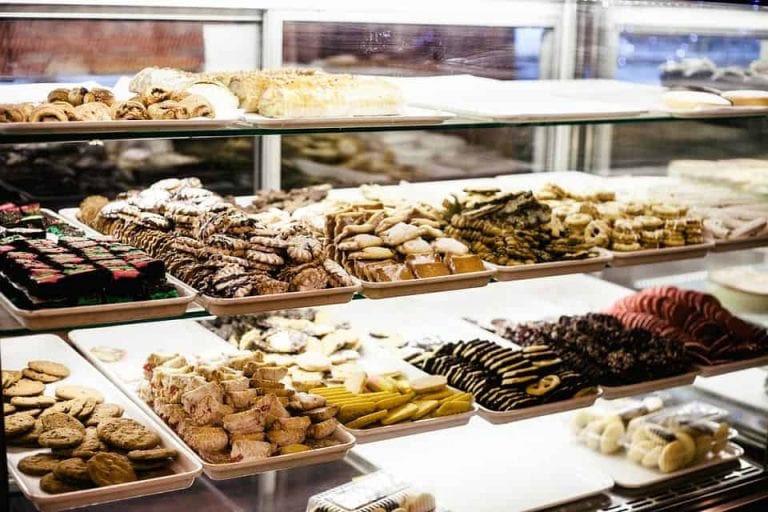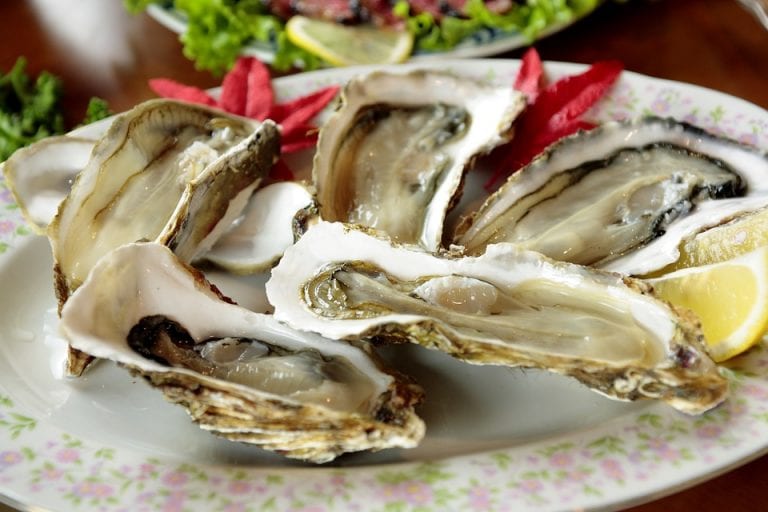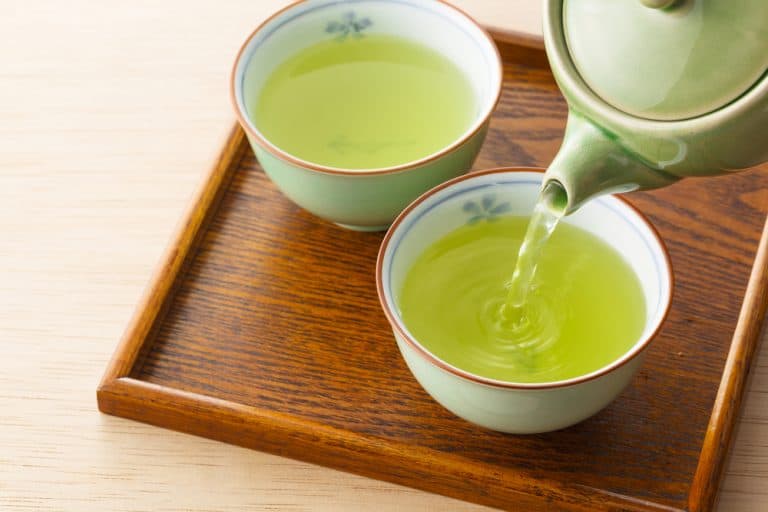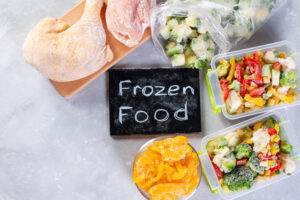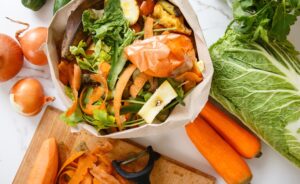
Most ulcers aren’t caused directly by stress but by the bacterium Helicobacter pylori, which is why ulcers are often treated with antibiotics along with an acid suppressor. Find out which foods can aid in healing and preventing ulcers.
Honey can help prevent ulcers
Modern medicine has finally caught on to a folk remedy that’s been used for centuries. Because honey fights bacteria, hospitals and clinics sometimes apply it to burns and other open wounds.
For the same reason that it can help heal a skin ulcer, honey may help thwart H. pylori. Researchers from New Zealand tested honey made from the nectar of the Manuka flower on bacteria from biopsies of gastric ulcers and found that the honey inhibited bacterial growth. Other researchers have been successful in using other types of honey to halt the growth of H. pylori.
Recommended dose: Start by taking a tablespoon of raw, unprocessed honey in the morning and at night to calm a fiery belly. Spread it on toast or a cracker to keep it in the stomach longer. Because H. pylori is slow growing, be sure to keep up your honey regimen until ulcer symptoms are long gone.
Broccoli, Brussels sprouts, cauliflower and kale can help prevent ulcers
These cruciferous vegetables all contain sulforaphane, a compound that appears to squelch H. pylori. In one study, after patients who tested positive for the bacteria ate a half cup of broccoli sprouts twice daily for seven days, 78 per cent tested negative for the bacteria.
Other studies, on mice, have shown that sulforaphane extracts can successfully destroy the bacteria in the mice’s digestive tracts.
Recommended dose: Consider eating a cup a day of broccoli, raw or cooked, or broccoli sprouts. Not only will the broccoli begin to battle your ulcer, but it will also provide more than a day’s worth of vitamin C and a generous amount of fibre: two more allies in the fight against ulcers.
Cabbage can help prevent ulcers
Scientists think that it may be the amino acid glutamine that gives cabbage its anti-ulcer punch. Glutamine helps to fortify the mucosal lining of the gut and to improve blood flow to the stomach, meaning it not only helps prevent ulcers but can also speed healing of existing sores.
Recommended dose: Eat two cups of raw cabbage daily. Add it to salads, coleslaw, and wraps. You can also drink raw cabbage juice, sold in health food stores. Drink a quart a day for three weeks if—you can stand it!
Yogurt with active cultures can help prevent ulcers
Foods like yogurt and kefir (fermented milk) contain “good bacteria” that can inhibit H. pylori and may help ulcers heal faster. In one large study in Sweden, people who ate fermented milk products like yogurt at least three times a week were much less likely to have ulcers than people who ate yogurt less often.
Recommended dose: Have a cup of yogurt, kefir, or another fermented milk product with live, active cultures at least once a day. Avoid sweetened varieties, which are less effective.
Plantain can help prevent ulcers
This large, green, banana-like fruit is starchy and sticky in texture. It helps to soothe inflamed and irritated mucous membranes and has some antibacterial properties to boot. Studies on rats with ulcers caused by daily aspirin use have shown that unripe green plantain can both prevent the formation of ulcers and help to heal them. Plantain works its magic best when it’s unripe.
Recommended dose: Until human studies determine the amount that might help, use the fruit as they do in Latin America, where green plantain is eaten boiled like a potato. Avoid fried plantain, as the fat can aggravate ulcers.

